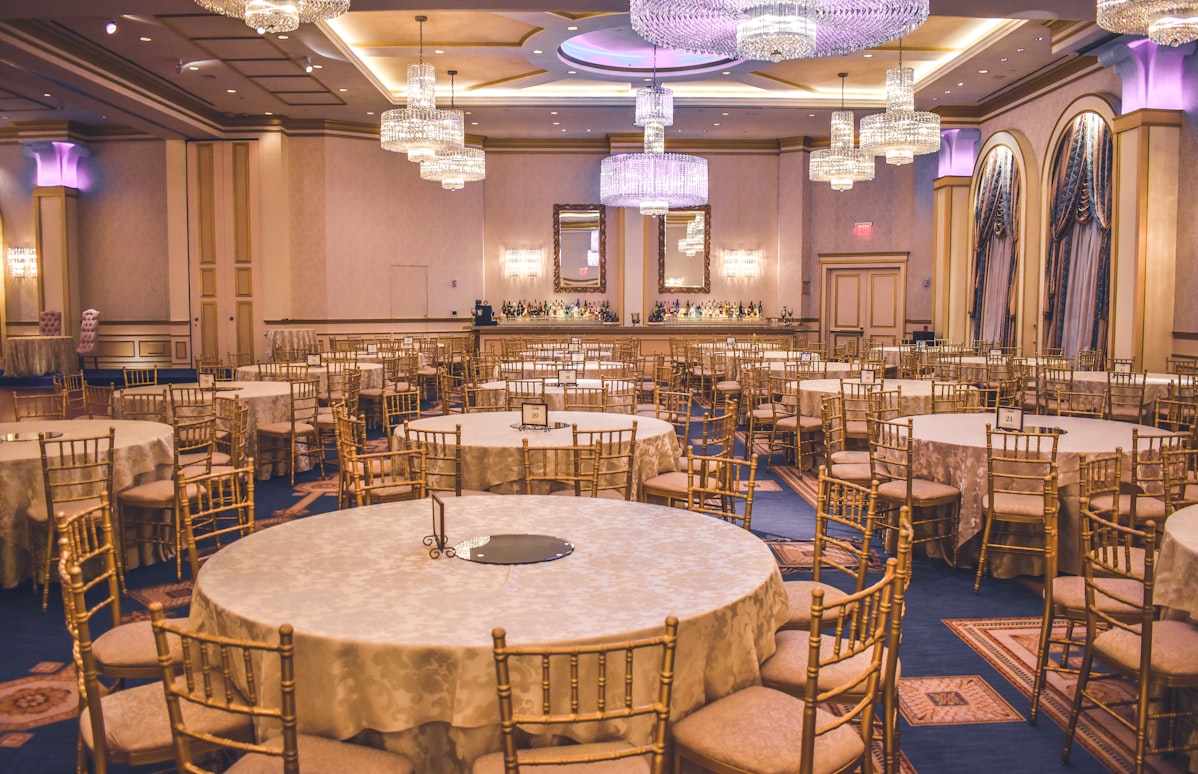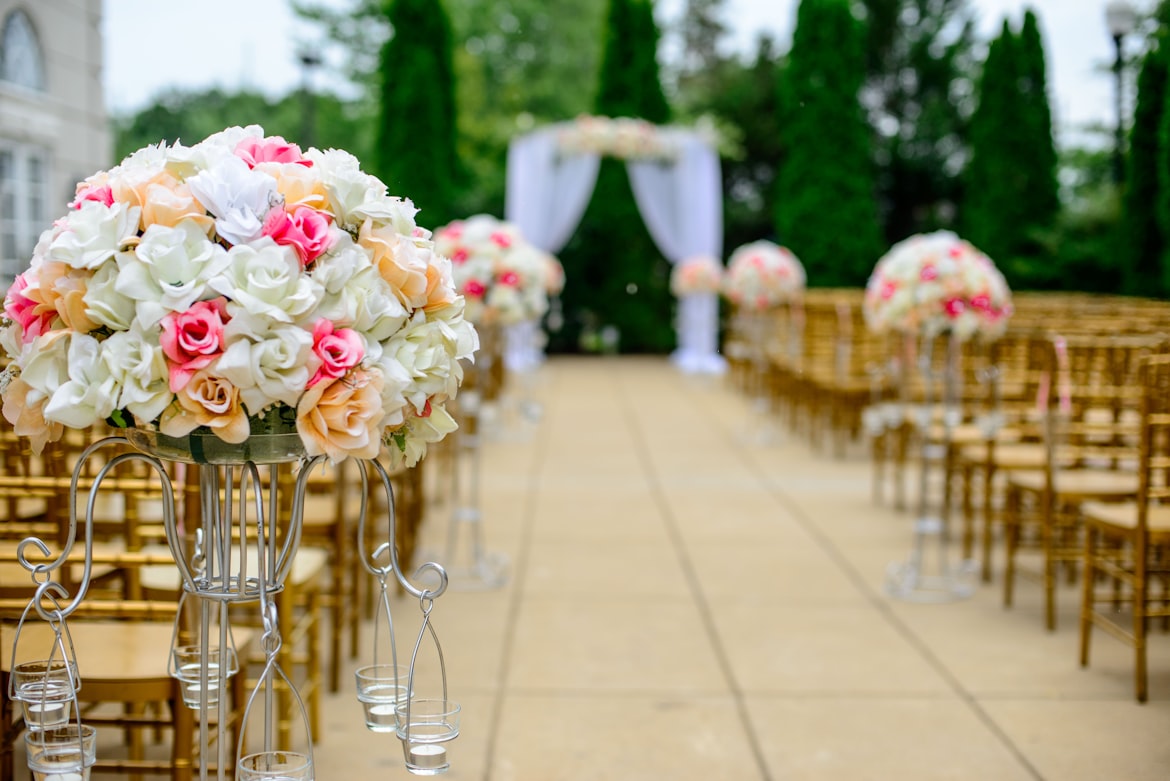Event Planning 101: A Comprehensive Guide to Coordinating Successful Events

What is Event Planning?
Event planning is the process of coordinating all aspects of a professional or personal event, including the logistics, budget, and execution. Event planners may work with corporate clients to plan meetings, conferences, and product launches, or they may plan weddings, birthday parties, and other social events.
Steps in the Event Planning Process
The event planning process typically involves the following steps:
- Define the purpose and goals of the event. What is the event trying to accomplish? Who is the target audience?
- Set a budget and timeline. How much money is available to spend on the event? What is the timeline for planning and executing the event?
- Choose a venue. Consider factors such as capacity, location, and amenities when selecting a venue.
- Plan the logistics. This includes tasks such as booking transportation, arranging for audio-visual equipment, and coordinating catering and other services.
- Promote the event. This may involve creating a marketing plan, designing promotional materials, and reaching out to media outlets and other organizations to promote the event.
- Execute the event. This involves managing all aspects of the event on the day of, including setting up the venue, managing registration, and coordinating any necessary vendors or contractors.
- Evaluate the event. After the event is over, it’s important to review what worked well and what could be improved upon for future events. This may involve collecting feedback from attendees and analyzing metrics such as attendance and budget performance.
Skills and Qualities of a Successful Event Planner
Event planners should possess a variety of skills and qualities in order to be successful in their roles. These may include:
- Excellent organizational skills: Event planners must be able to manage multiple tasks and deadlines, often under tight timelines and with limited resources.
- Strong communication skills: Event planners must be able to effectively communicate with clients, vendors, and other stakeholders in order to coordinate the various aspects of an event.
- Attention to detail: Successful event planners are able to pay attention to the small details that can make a big difference in the overall success of an event.
- Creativity: Event planners may need to come up with creative solutions to challenges that arise during the planning process.
- Adaptability: Events can be unpredictable, and event planners must be able to think on their feet and adapt to changing circumstances.
Tips for Planning a Successful Event
Here are a few tips to help you plan a successful event:
- Start planning early: The sooner you start planning, the more time you’ll have to iron out the details and secure the necessary vendors and services.
- Define your goals and target audience: Clearly define the purpose and goals of your event, and consider who your target audience is. This will help you make better decisions about the location, logistics, and other aspects of the event.
- Set a realistic budget: Determine how much money you have available to spend on the event, and create a budget that includes all of the necessary expenses. Be sure to allocate enough funds for unexpected costs that may arise.
- Choose the right venue: Select a venue that is suitable for your event and the needs of your attendees. Consider factors such as capacity, location, and amenities.
- Promote the event: Use a variety of marketing channels to promote your event and attract attendees. This may include social media, email marketing, and outreach to media outlets.
- Coordinate logistics carefully: Pay attention to the details of the event, including transportation, audio-visual equipment, catering, and other services. Make sure everything is arranged and confirmed in advance.
- Have a backup plan: Things don’t always go according to plan, so it’s important to have a backup plan in place in case of unexpected challenges or issues.
- Delegate tasks: If you’re working with a team, delegate tasks to team members and trust them to handle their responsibilities. This will help ensure that all aspects of the event are taken care of.
- Stay organized: Use a project management tool or create a detailed timeline to help you stay organized and on top of tasks.
- Evaluate the event: After the event is over, take time to review what worked well and what could be improved upon for future events. Collect feedback from attendees and analyze metrics such as attendance and budget performance.
Types of Events
There are many different types of events that event planners may work on, including:
- Corporate events: These may include meetings, conferences, product launches, and other types of events for businesses.
- Social events: These may include weddings, birthday parties, anniversaries, and other personal celebrations.
- Fundraisers: Event planners may work with non-profit organizations to plan fundraisers and other events to raise money for a cause.
- Cultural events: These may include festivals, fairs, and other events that celebrate a particular culture or heritage.
- Trade shows: Event planners may work with companies to plan and execute trade shows, which are events where businesses can showcase their products or services to a targeted audience.
Event Planning Careers
There are many career paths in the event planning industry, including:
- Event planners: Event planners are responsible for coordinating all aspects of an event, including logistics, budget, and execution.
- Event coordinators: Event coordinators often work under the direction of an event planner and are responsible for specific tasks and aspects of an event, such as logistics or marketing.
- Event designers: Event designers are responsible for creating the overall look and feel of an event, including decor, lighting, and other design elements.
- Meeting planners: Meeting planners specialize in planning meetings and conferences for businesses and other organizations.
- Wedding planners: Wedding planners specialize in planning weddings and other types of personal celebrations.
Event planning careers may be found in a variety of settings, including event planning companies, hotels and convention centers, and in-house event planning departments at corporations. Event planners may also work on a freelance basis, contracting with clients to plan individual events.










